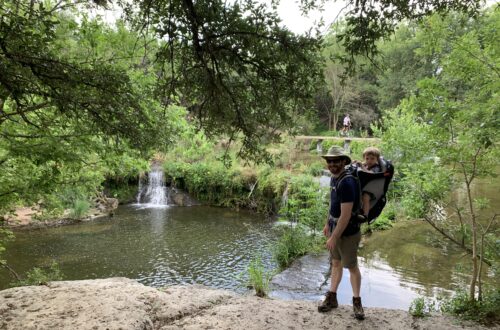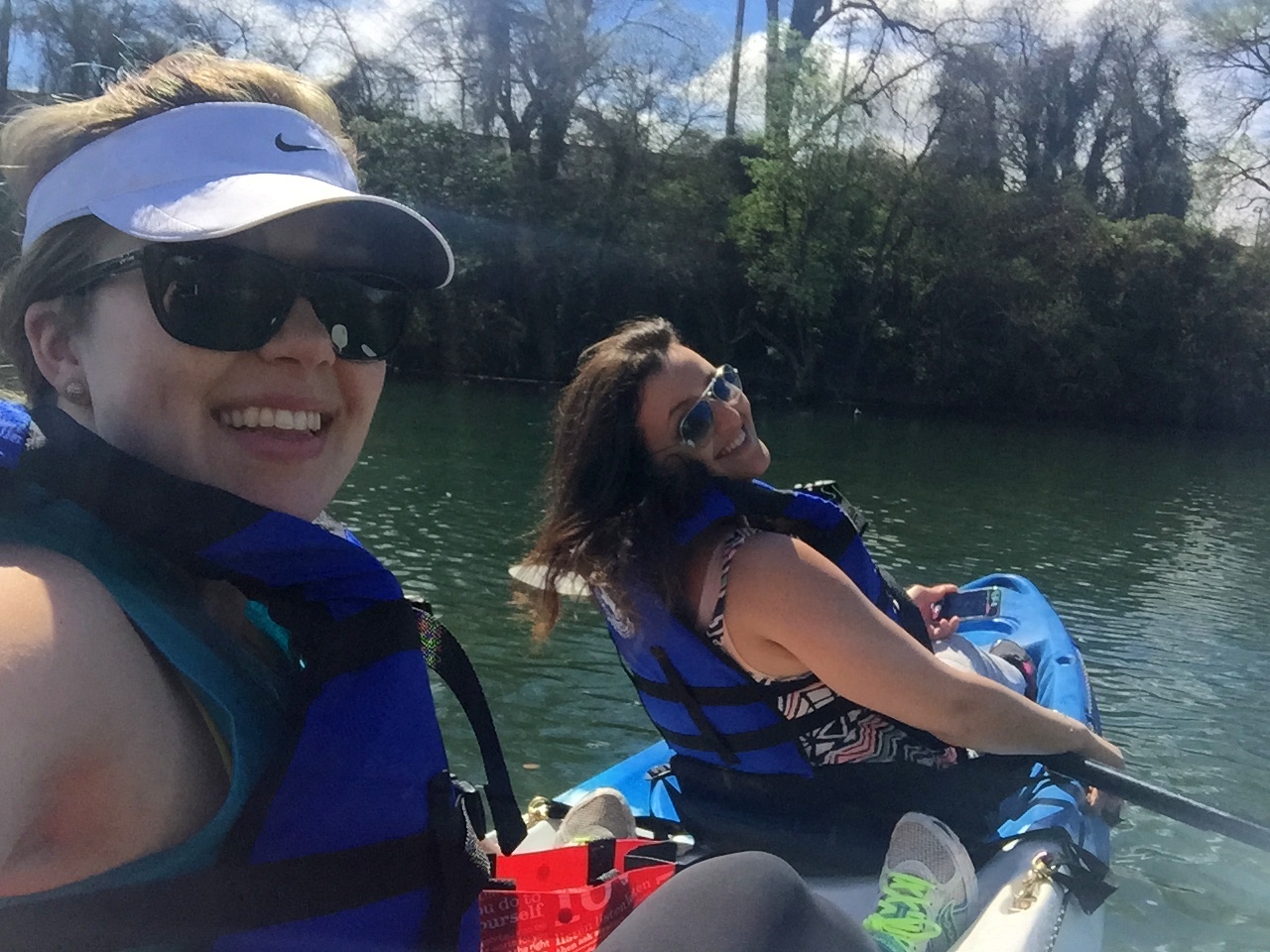
8 Tips for Absentee Landowners
This article originally appeared in my column in Texas Wildlife magazine, a monthly publication for Texas Wildlife Association members.
Being an absentee landowner presents its challenges. As I have shared with you all before, my family has a farm in South Texas, about three hours away from my home in Austin. To get to our farm, I have to pass through two major cities, and because I leave after work, I am driving during rush hour and arriving after dark. (On the plus side, this gives me plenty of time to pray the water will turn on when I arrive.)
After I get there, I have a lot to catch up on—checking on the status of projects, meeting with lessees, meeting with workers, and then of course, making sure no varmints or snakes have made their way into the house.
Like many modern-day landowners, I have to figure out how to be a good land owner from afar. How do I keep my family’s property safe from trespassers, pay workers on time, make sure our pastures aren’t overgrazed, oversee hunters, implement projects to improve habitat, and manage repairs without being there every day? And then, when do I squeeze in time to actually enjoy the place?
Here are some tips I’ve learned from other absentee landowners.
1. Get a lessee you trust and build a good relationship.
Having someone you trust on your property regularly is helpful in many ways. They will keep an eye on the place, notice if something is off or needs fixing, and will have the local connections and expertise to help you accomplish whatever needs to be done. Send them a Christmas present, call or text them regularly to check in, and establish mutual trust. A grazing tenant and a hunting lessee will be a great help in making sure your ponds and feeders are full.
2. Collaborate with your neighbors.
Always let them know if you are doing something that might affect their property (like spraying a fence line, for example). Bring them wild game or produce from your property, keep the lines of communication open, and in turn you will build mutual respect. If it works for you, you all could even share workers or equipment. Neighbors are great resources out in the country.
3. Take advantage of technology.
There are so many great remote security systems out there nowadays that connect to apps on your phone and enable you to monitor activity on your property from anywhere in the world. Several companies are represented at the TWA Convention each year. I also utilize apps like Paypal for paying workers. Of course, you can’t go wrong with an old fashioned game camera either, strategically placed.
4. Get to know your Texas Parks and Wildlife Department Game Warden.
If you see anything unusual that might indicate trespassing and/or poaching, let them know.
5. Ensure “No Trespassing” signs are visibly posted around your property.
I also recommend showing up unannounced. Having regular activity on a property is a great way to keep it more secure.
6. Get to know your NRCS agent.
He or she can be invaluable in keeping you apprised of deadlines for programs and can help you fill out forms and conduct business over the internet.
7. Get a capable contractor.
We found a reliable contractor who does a great job and arrives on time, and though he may be a little more expensive than the average worker because he has to drive from San Antonio, the peace of mind of having someone reliable on-call is worth it to us.
8. Don’t take on too many projects at one time.
Over the year and a half it took to renovate our ranch house, I had to learn that because I was not present every day, some projects just took longer to accomplish—and that is okay.
As much as I dream about getting to run off to the ranch every time I want, I have family, community, and work commitments in the city so do the best I can. I hope all of you have success navigating the challenges being an absentee landowner presents, and still find time to hunt, fish, and enjoy the reason you own the property, whatever that may be.
Do you have any other tips I missed? Feel free to leave a comment!
Hat tip to my friend Greg Simons for contributing to this article.





